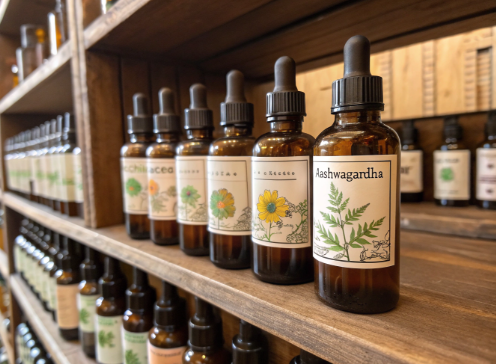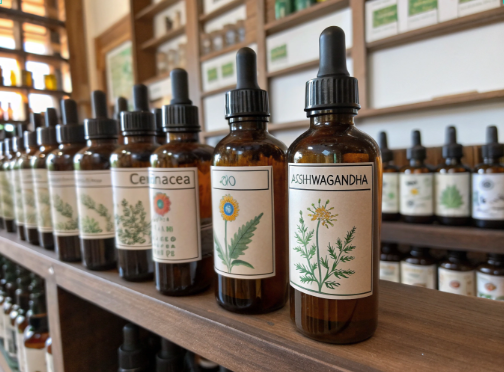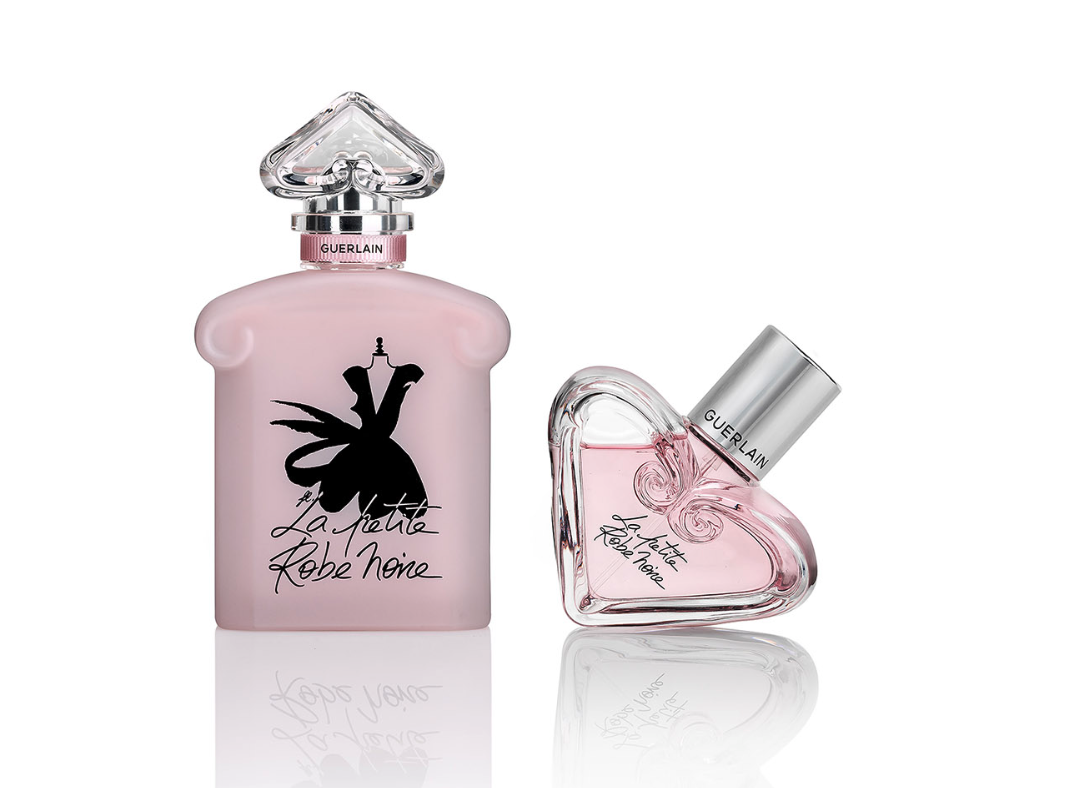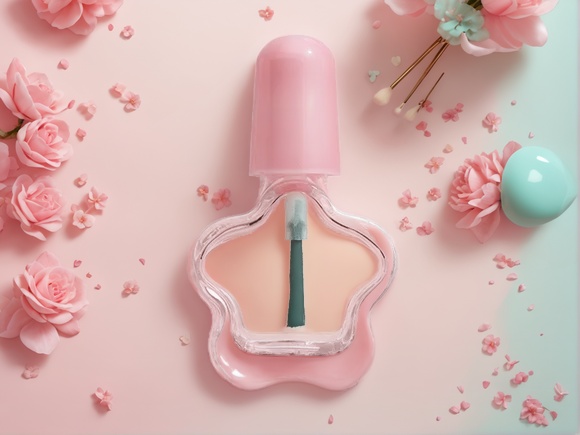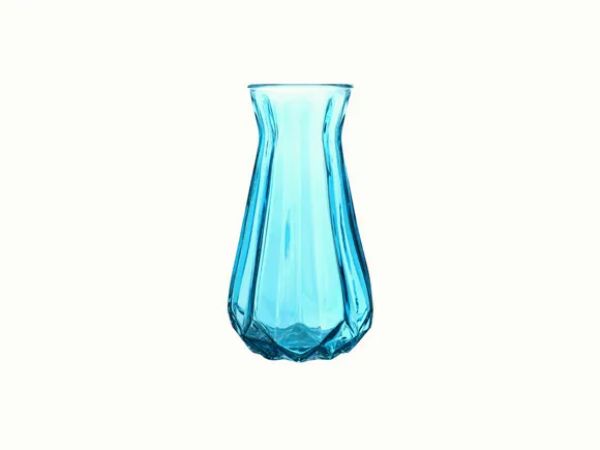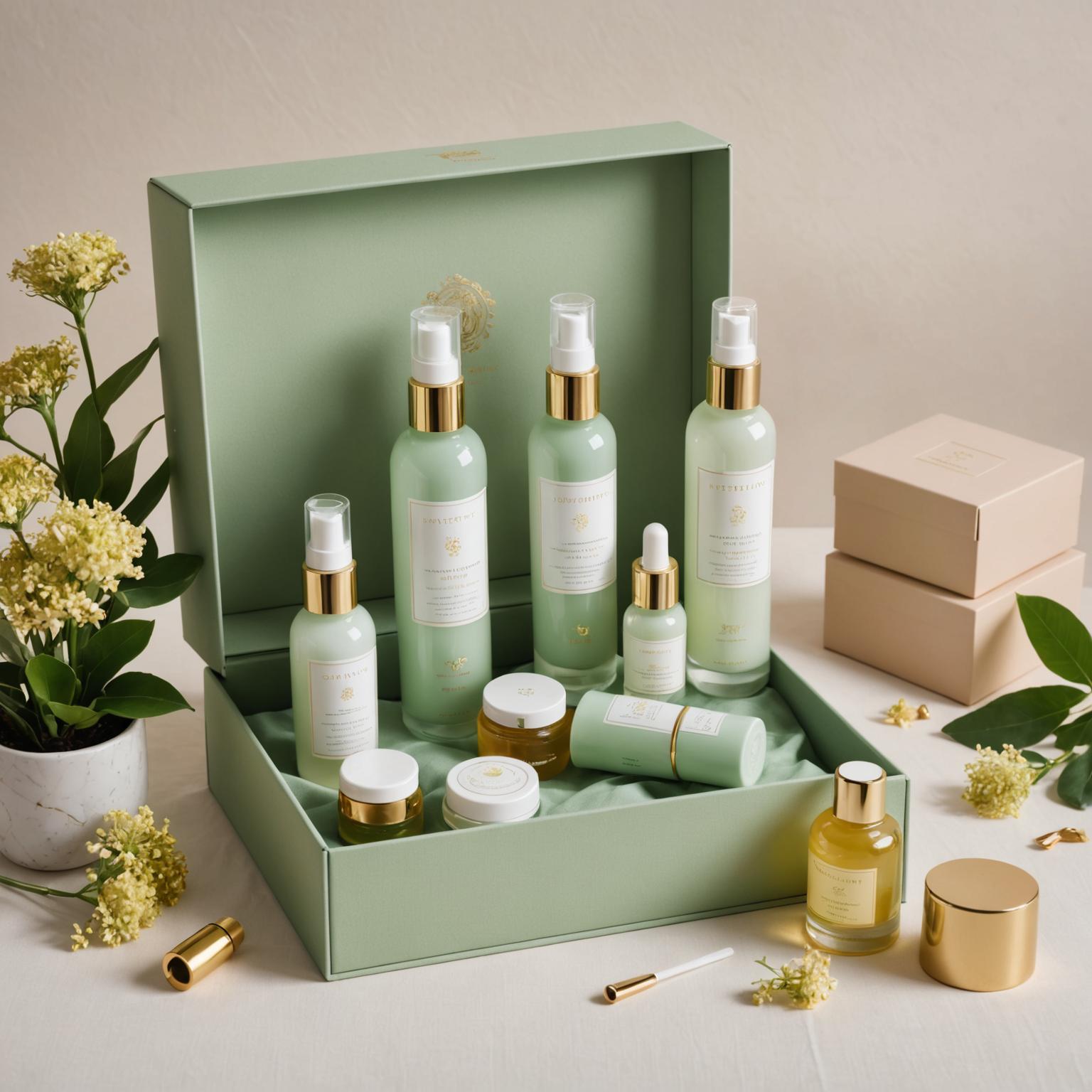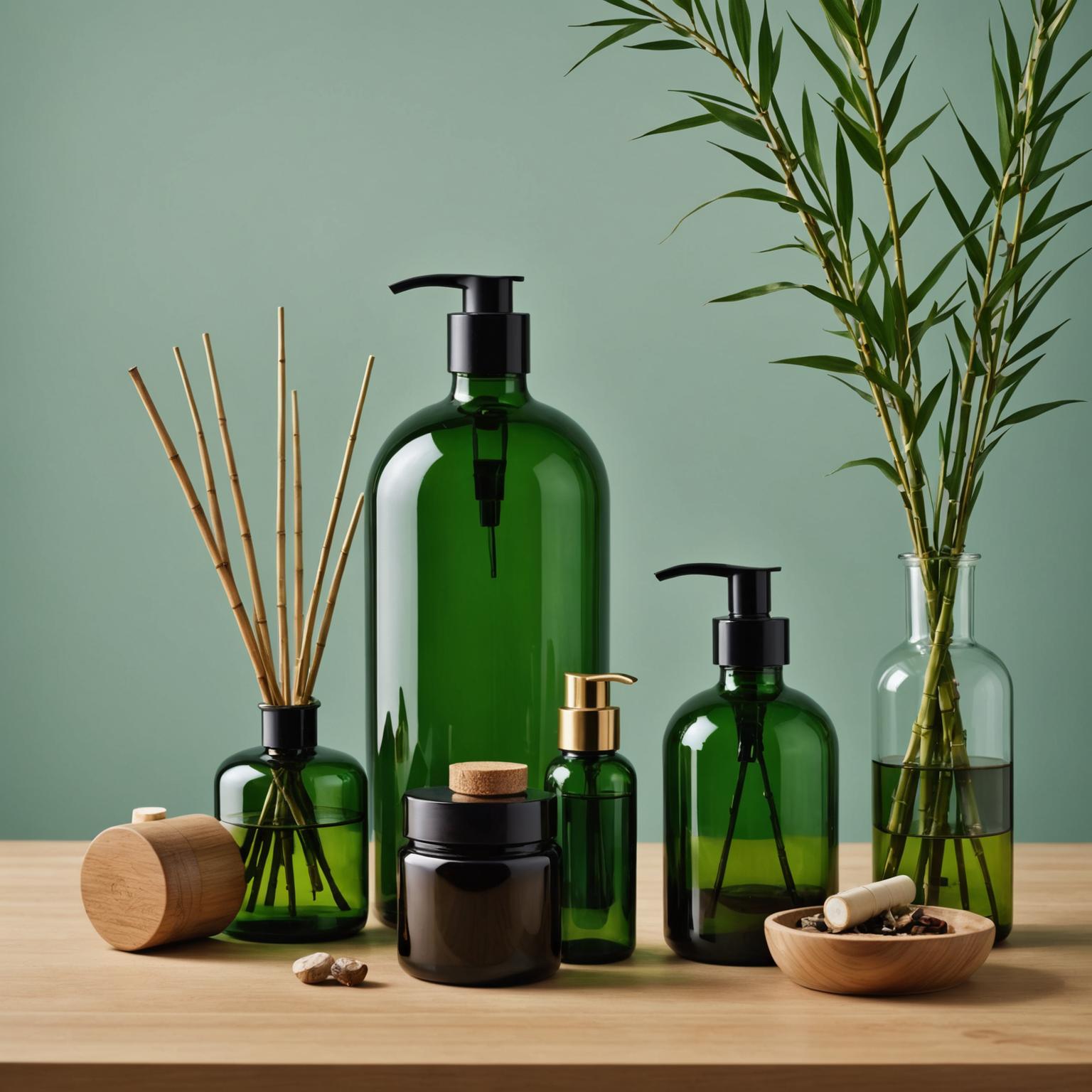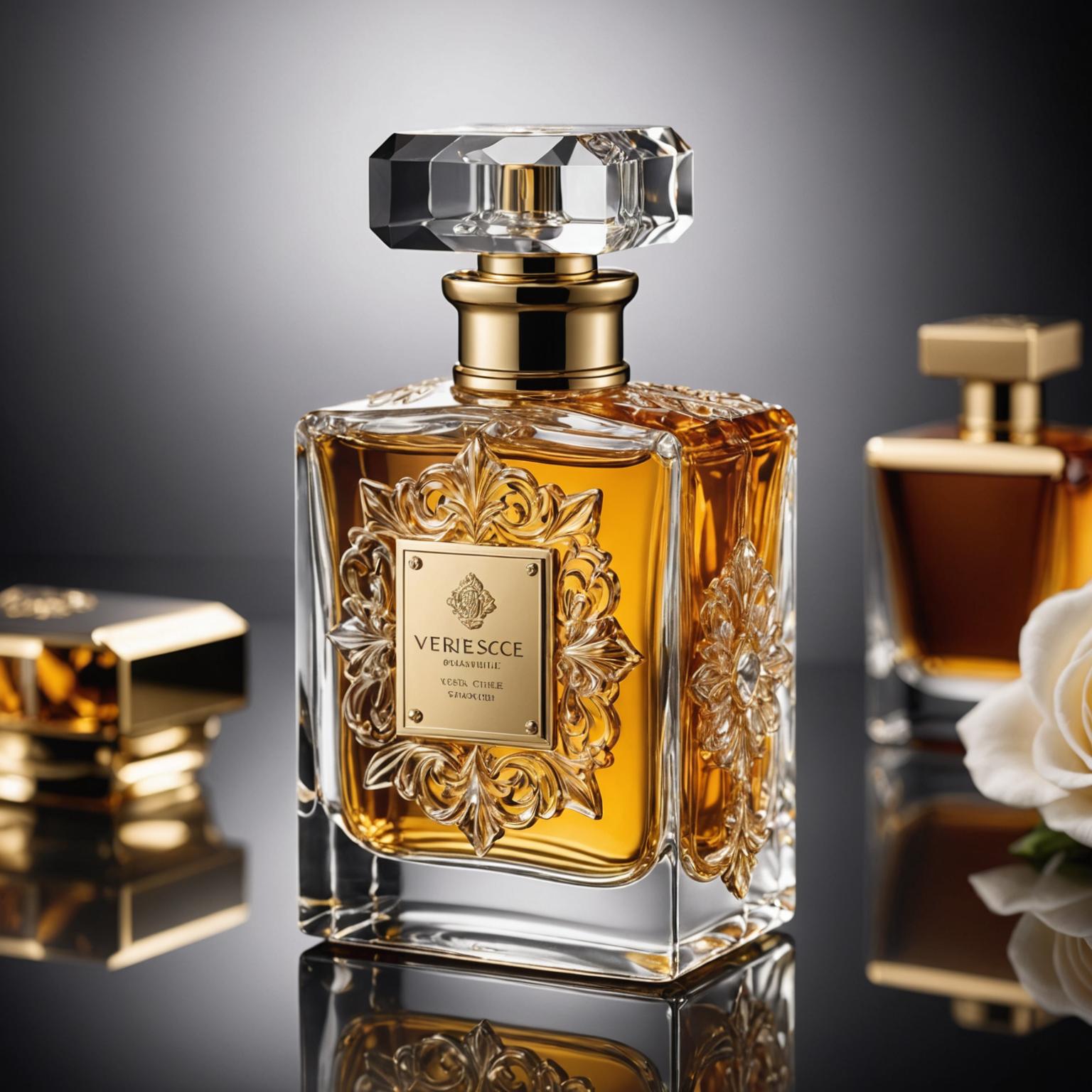Tinctures are powerful plant-based extracts—and they demand serious packaging. But why are nearly all tincture bottles made of glass?
Tincture bottles are usually made of glass because glass is chemically inert, non-reactive, UV-resistant, and preserves the potency and shelf life of alcohol-based or herbal extracts.
At PauPack Bottles, we help wellness and natural health brands package herbal tinctures for global markets. Whether you're blending echinacea or ashwagandha, here’s why glass should be your go-to.
Why are specimen bottles made of glass?
The answer is scientific—and historical.
Specimen bottles are made of glass because glass is impermeable, non-leaching, easy to sterilize, and preserves the chemical integrity of the sample.
This is the same reason tincture packaging borrows from lab-grade material standards. Herbal tinctures often contain ethanol, glycerin, or acidic plant compounds—substances that can leach or degrade plastic over time.
Why Glass Outperforms in Sensitive Applications
| Factor | Glass Bottles | Plastic Bottles |
|---|---|---|
| Chemical Reactivity | Inert (no interaction) | May react with alcohol, oils |
| Sterilizability | Withstands high-temp sterilizing | Can warp, degrade under heat |
| Shelf Life Impact | Preserves integrity over years | Accelerated degradation |
| Regulation Compliance | Widely accepted for pharmaceutics | Limited for alcohol-based storage |
At PauPack, our clients in Europe and North America often choose amber or cobalt dropper bottles specifically because they meet both consumer trust and compliance standards.
Can you put tinctures in plastic bottles?
Technically yes—but only for short-term or non-alcohol blends.
You can store tinctures in plastic bottles temporarily, but it's not recommended for alcohol-based formulas or long-term use due to leaching and chemical instability.
Many plastics (especially lower-grade PET or PVC) break down when exposed to ethanol or essential oils, resulting in:
-
Altered taste and smell
-
Potential ingestion of plasticizers
-
Reduced shelf life
-
Packaging disintegration over time
When Plastic Might Be Acceptable
| Plastic Type | EO/Alcohol Compatibility | Use Case |
|---|---|---|
| HDPE | Moderate | Large refill packaging for carrier oils |
| PET | Low | Outer packaging for gift sets |
| PP | High (for closures only) | Droppers, reducer caps, mist sprayers |
At PauPack, we supply EO-compatible polypropylene closures and HDPE refill containers—but always recommend glass for primary tincture packaging.
Why are bottles made from glass?
Sometimes, the traditional way is the right way.
Bottles are made from glass because glass is impermeable, reusable, transparent (or tintable), and preserves the contents without altering flavor, color, or chemistry.
Glass also:
-
Supports UV-blocking formulas when tinted
-
Meets FDA and EU contact safety standards
-
Offers premium shelf appeal for health brands
-
Is recyclable and eco-conscious, unlike most multi-layer plastics
For herbal products that rely on freshness, aroma, and accurate dosing—like tinctures or sublinguals—glass adds value and ensures safety.
Why are some meds in glass bottles?
It’s not just tradition—it’s necessity.
Some medications, especially those that are light-sensitive, volatile, or injectable, require glass bottles because glass offers sterility, stability, and barrier protection unmatched by plastic.
This includes:
-
Essential oil-based pharma
-
Alcohol extractions (like herbal elixirs)
-
Injectable vitamins or hormones
-
Ophthalmic and dermatological solutions
Glass ensures no chemical breakdown occurs between packaging and contents, which could compromise treatment outcomes or cause side effects.
Pharma-Grade Bottle Features
| Feature | Importance for Meds/Tinctures |
|---|---|
| Borosilicate or soda-lime | High purity, resistance to shock |
| Amber tint | Light protection for photosensitive content |
| Sterile compatibility | Autoclavable or ethanol-rinse ready |
| Tamper-evident cap | Security seal for compliance |
At PauPack, we work with natural health brands producing modern herbal medicines—and we help them choose dropper bottles that look like cosmetics but perform like medical-grade packaging.
Conclusion
Glass isn’t just a trend in tincture packaging—it’s the global standard for a reason. It protects your formula, elevates your brand, and builds trust with every dose.
From apothecary to Amazon shelf, glass delivers what tinctures need: purity, safety, and longevity.




